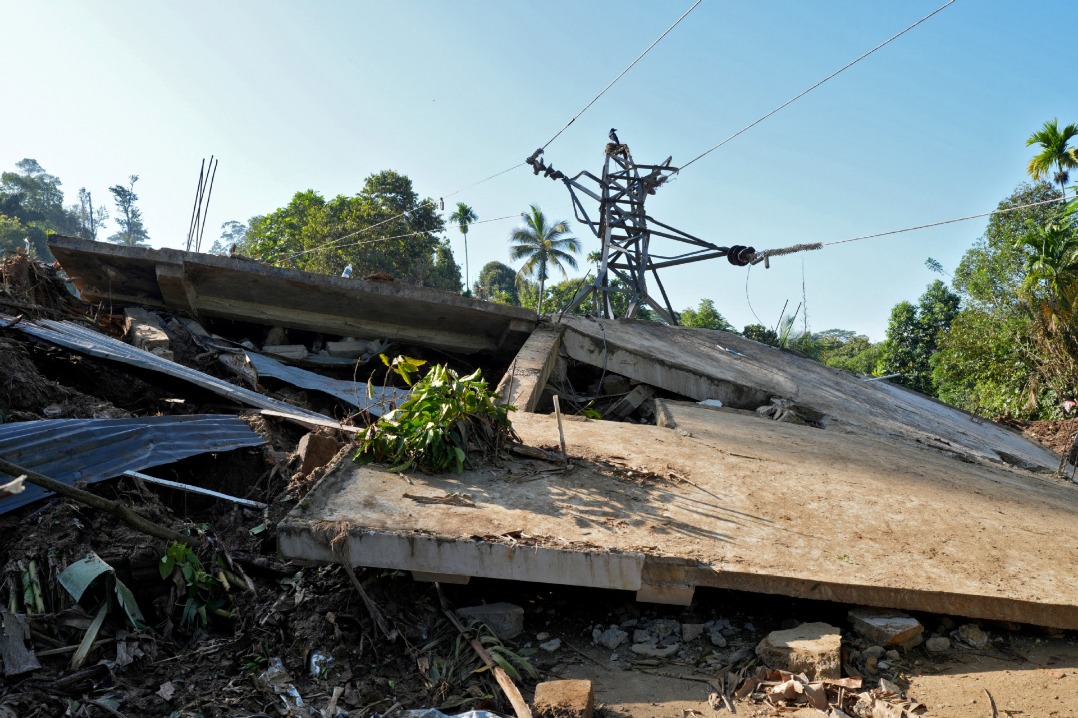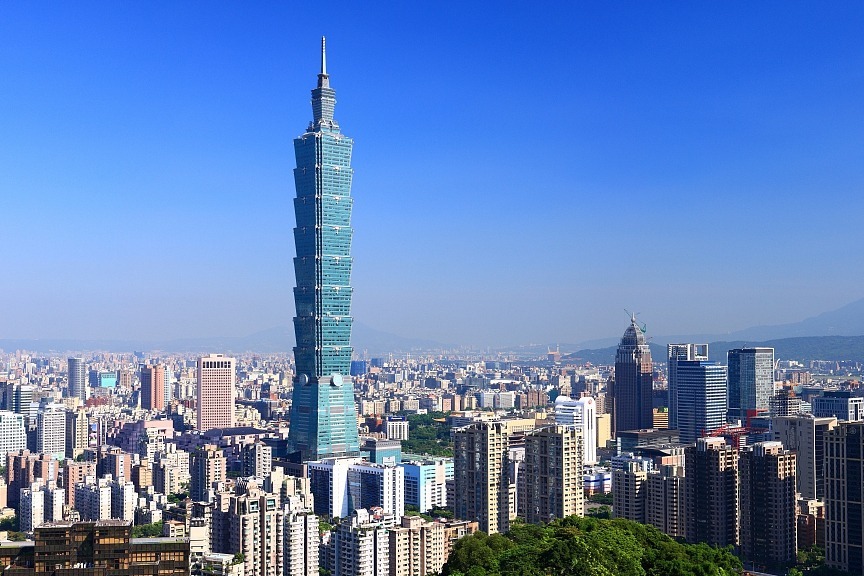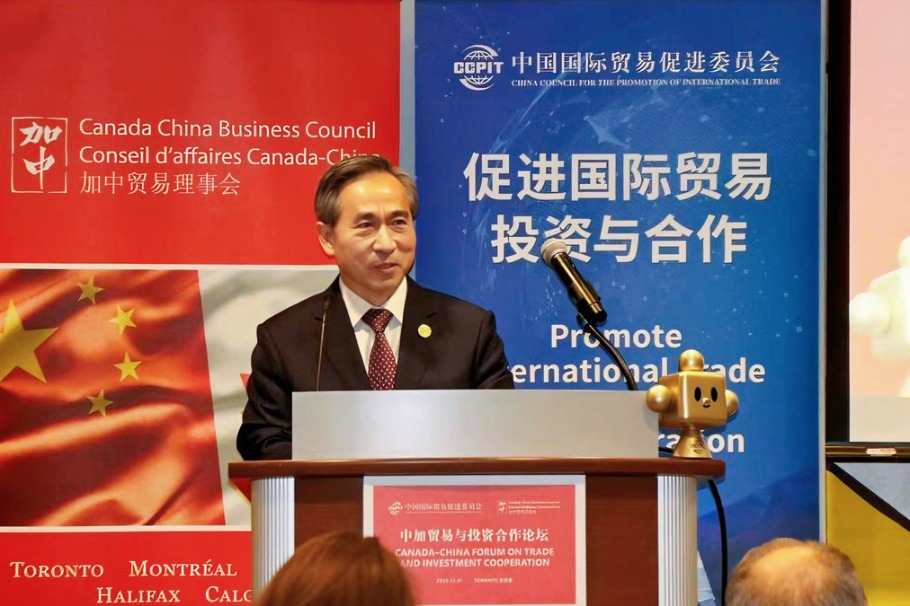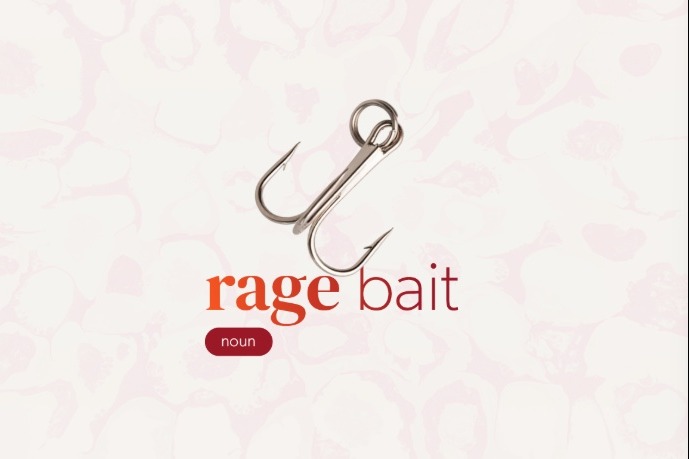What's false and what's true on China-related human rights matters

Full of ignorance of and bias against China, some people from the US and other Western countries have recently made groundless accusations against and disseminated many fallacies about China's human rights conditions concerning Hong Kong, COVID-19, and Xinjiang.
Even a small discrepancy will lead to a great error. Malicious lies will, still worse, result in huge misconception and misunderstanding.
In this connection, we have compiled What's False and What's True on China-related Human Rights Matters, with the purpose of setting the record straight with facts.
Falsehoods find no market among the fair-minded, as we are confident that people will tell right from wrong!
1. False: The legislation on safeguarding national security in Hong Kong will undermine the human rights and basic freedoms of Hong Kong residents, and violates the International Covenant on Civil and Political Rights.
True:
- The Law of the People's Republic of China on Safeguarding National Security in the Hong Kong Special Administrative Region clearly stipulates that human rights shall be respected and protected in safeguarding national security in the Hong Kong Special Administrative Region. The rights and freedoms, including the freedoms of speech, of the press, of publication, of association, of assembly, of procession and of demonstration, which the residents of the Region enjoy under the Basic Law of the Hong Kong Special Administrative Region and the provisions of the International Covenant on Civil and Political Rights and the International Covenant on Economic, Social and Cultural Rights as applied to Hong Kong, shall be protected in accordance with the law.

- The legislation only targets four types of offences, namely, secession, subversion, terrorist activities and collusion with a foreign country or with external elements to endanger national security. It is designed to deter and sanction a small minority in Hong Kong who are involved in offences seriously jeopardizing national security. It aims to protect the great majority of law-abiding Hong Kong residents, and safeguard their safety and lawful rights and freedoms.
- It is spelt out in the constitutions of over 100 countries that the exercise of basic rights and freedoms shall not endanger national security. The International Covenant on Civil and Political Rights makes it clear that freedoms of religious belief, expression and peaceful assembly, the right to public trial and other rights may be subject to restrictions that are necessary to protect national security, public order and so on. There are similar provisions in the European Convention on Human Rights.

2. False: The legislation on safeguarding national security in Hong Kong may include vaguely defined offences, and be abused by China's national security authorities to oppress the people.
True:
- The legislation only targets four types of offences that seriously jeopardize national security, much less than the dozens of crimes involving national security listed in countries such as the US and the UK. The legislation sets clear limits on related law enforcement activities. It requires that all law enforcement efforts be conducted in strict accordance with legal provisions and statutory mandates and procedures, without prejudice to the lawful rights and interests of any individual or organization. It also provides that the Office for Safeguarding National Security of the Central People's Government in the Hong Kong Special Administrative Region shall perform its mandate in strict compliance with the law and be subject to supervision in accordance with the law. The staff of the Office shall abide by the laws of the Hong Kong Special Administrative Region as well as national laws.
- Countries such as the US, the UK, Canada, and Australia have all established rigorous legal frameworks for safeguarding national security, which shows no mercy in combating offences endangering national security.
































